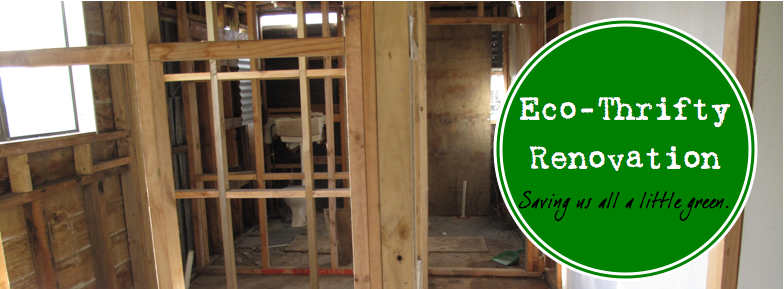Following Paul Brooks wonderful article in the Midweek about our Eco-Thrifty Renovation and the educational programmes we’ve developed along with it I got a short flurry of phone calls and an email. The result was that three representatives of Te Oranganui and one neighbour dropped by for a one-hour tour on a Tuesday morning. They were all grateful for the site visit and for the information I shared. I was happy to meet some new people and to demonstrate how we have managed to develop a warm, dry, energy-efficient home on a small budget. But by the afternoon I was discouraged when I was faced with the miniscule impact of our project when compared with what may be described as the carelessness (or thoughtlessness) of others.
As I rode my bicycle down Puriri Street and Alma Road at 4 o’clock on a brilliantly sunny day I noticed that every street light above me was lit. I would estimate that one hour of all of those lights burning would use more electricity than we use at home in a month. I have seen the lights on Cornfoot Street also lit during bright, sunny days on numerous occasions. Do ratepayers pay for that power? Is our community so wealthy that we can afford to waste energy like that? From what I understand there are about 90 million reasons we should be trying to reduce expenses in our city. The relationship between energy, finance and debt interests me greatly, and I feel quite fortunate to have the opportunity to host a world expert on this relationship in Wanganui on the 10th of April.
Nicole Foss has managed to fit Wanganui into her month-long speaking tour of New Zealand. She has had a busy schedule on the South Island, including talking to many Councils and a radio interview with Kim Hill in Christchurch. She has lectured on energy and global finance in hundreds of locations across North America, Europe, Australia and New Zealand. Her day job is Senior Editor of The Automatic Earth (TAE), where she and co-author and Editor-in-Chief Raúl Ilargi Meijer have been chronicling and interpreting the on-going credit crunch as the most pressing aspect of our current multi-faceted predicament. The site integrates finance, energy, environment, psychology, population and real politik in order to explain why we find ourselves in a state of crisis and what we can do about it.
While living in the UK she was a Research Fellow at the Oxford Institute for Energy Studies, where she specialized in nuclear safety in Eastern Europe and the Former Soviet Union, and conducted research into electricity policy at the EU level. She also has significant previous experience practicing as an environmental consultant.
Nicole will be speaking at 7 pm on the 10th of April at the Meeting Room of the Gonville Cafe/Library. Koha will be accepted to cover travel costs. This event is co-sponsored by The ECO School and the Sustainable Whanganui Trust.


If street lights are on in the daytime as a one-off it's usually because there's a maintenance crew going round checking which lamps to replace (faulty lamps which keep going out and re-starting use a lot more power, so this is a good thing).
ReplyDelete